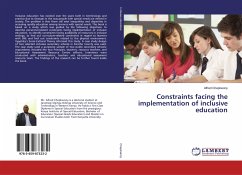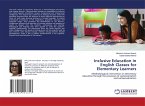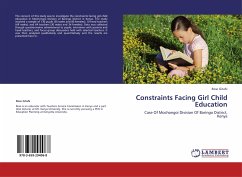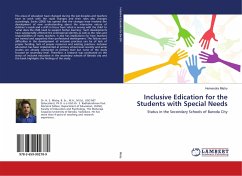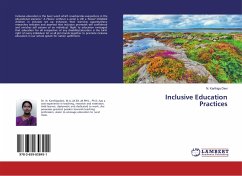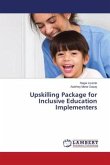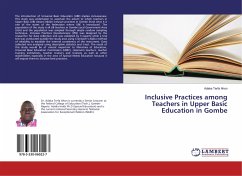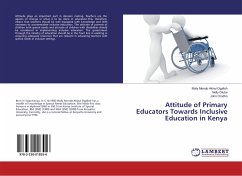Inclusive education has evolved over the years both in terminology and practice due to changes in the way people with special needs are viewed in society. The problem is that there still exist inequalities and disparities in accessing quality education among learners with special needs. This book is based on a study which was guided by the following objectives: to describe personnel-related constraints facing implementation of inclusive education, to identify constraints facing availability of resources in inclusive settings, to find out curriculum-related constraints in regard to learners with SNE and find out constraints related to the physical environment. Vygotsky's Socio-Cultural Theory informed this study. A case study design of two selected inclusive secondary schools in Kericho County was used. The case study used a purposive sample of two public secondary schools; respondents included the two Principals, teachers, resource teachers, and Educational Assessment Resource Centre officers. Interviews were conducted with administrators, teachers and educational assessment resource team. The findings of the research can be further found inside the book.
Bitte wählen Sie Ihr Anliegen aus.
Rechnungen
Retourenschein anfordern
Bestellstatus
Storno

